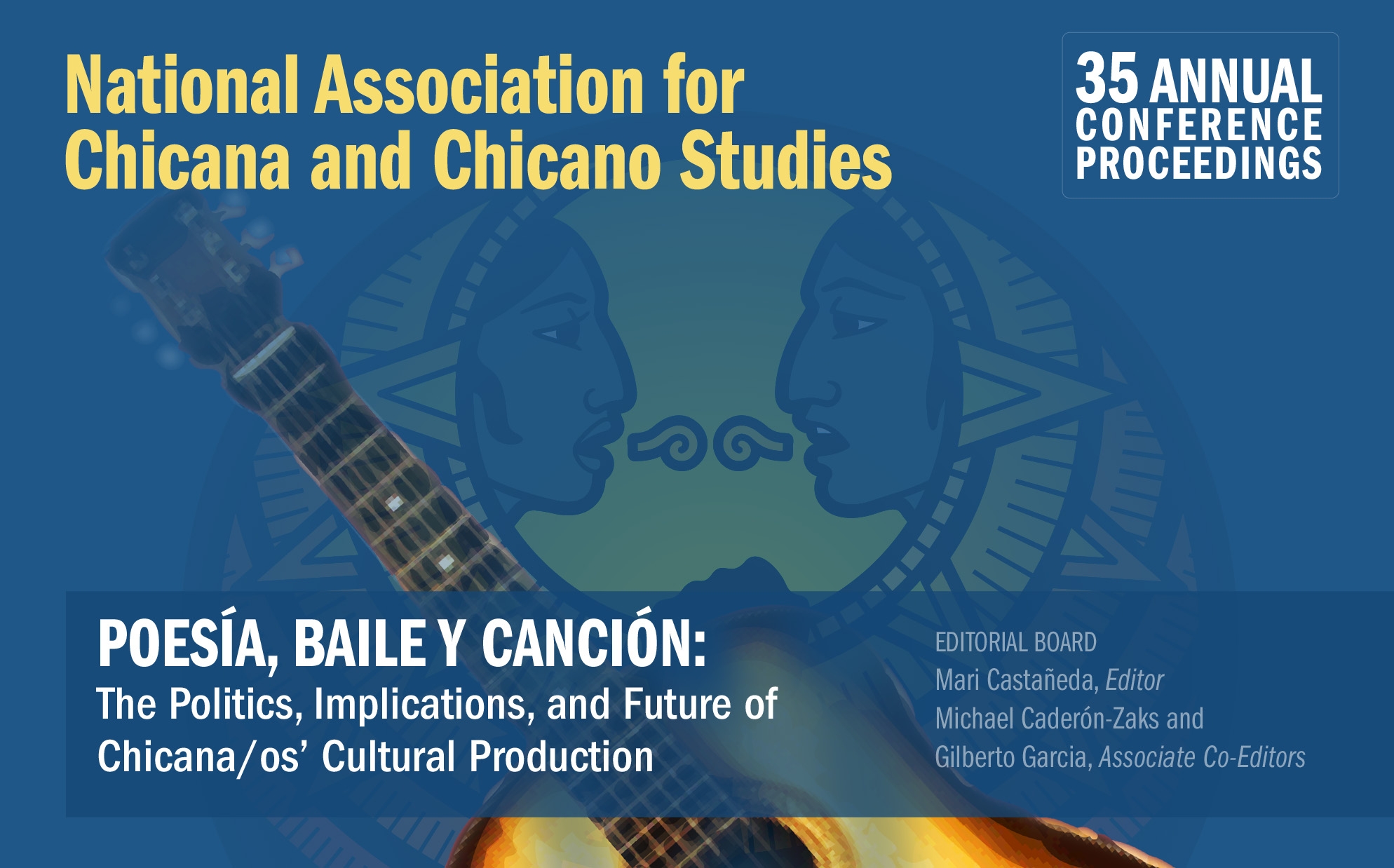Event Title
Looking Beyond “Mow, Blow and Go”: A Case Study of Mexican Immigrant Gardeners in Los Angeles
Location
2008 NACCS Conference: Graduate Cervantes Recipient
Abstract:
Recent research on Mexican immigrants focuses on the working conditions of farm workers, garment workers, janitors and day laborers. This coincides with successful efforts by organized labor and immigrant advocacy groups to organize these marginalized workforces. Little attention, however, has been given to Mexican paid gardeners. As part of the household service economy, paid gardeners represent a difficult labor sector to organize and research because they typically operate as independent contractors in the informal economy. This paper seeks to provide a more holistic picture of this dynamic, informal workforce. Drawing primarily upon ethnographic techniques, the paper documents how this informal sector operates and its social organization. Based on research conducted in Los Angeles, the paper also demonstrates how a select group of self-employed, Mexican gardeners function as petty-entrepreneurs, benefiting financially and socially in the informal economy by successfully utilizing their social capital and social networks.
Included in
Chicana/o Studies Commons, Ethnic Studies Commons, Race and Ethnicity Commons, Urban Studies and Planning Commons
Looking Beyond “Mow, Blow and Go”: A Case Study of Mexican Immigrant Gardeners in Los Angeles
2008 NACCS Conference: Graduate Cervantes Recipient
Abstract:
Recent research on Mexican immigrants focuses on the working conditions of farm workers, garment workers, janitors and day laborers. This coincides with successful efforts by organized labor and immigrant advocacy groups to organize these marginalized workforces. Little attention, however, has been given to Mexican paid gardeners. As part of the household service economy, paid gardeners represent a difficult labor sector to organize and research because they typically operate as independent contractors in the informal economy. This paper seeks to provide a more holistic picture of this dynamic, informal workforce. Drawing primarily upon ethnographic techniques, the paper documents how this informal sector operates and its social organization. Based on research conducted in Los Angeles, the paper also demonstrates how a select group of self-employed, Mexican gardeners function as petty-entrepreneurs, benefiting financially and socially in the informal economy by successfully utilizing their social capital and social networks.

